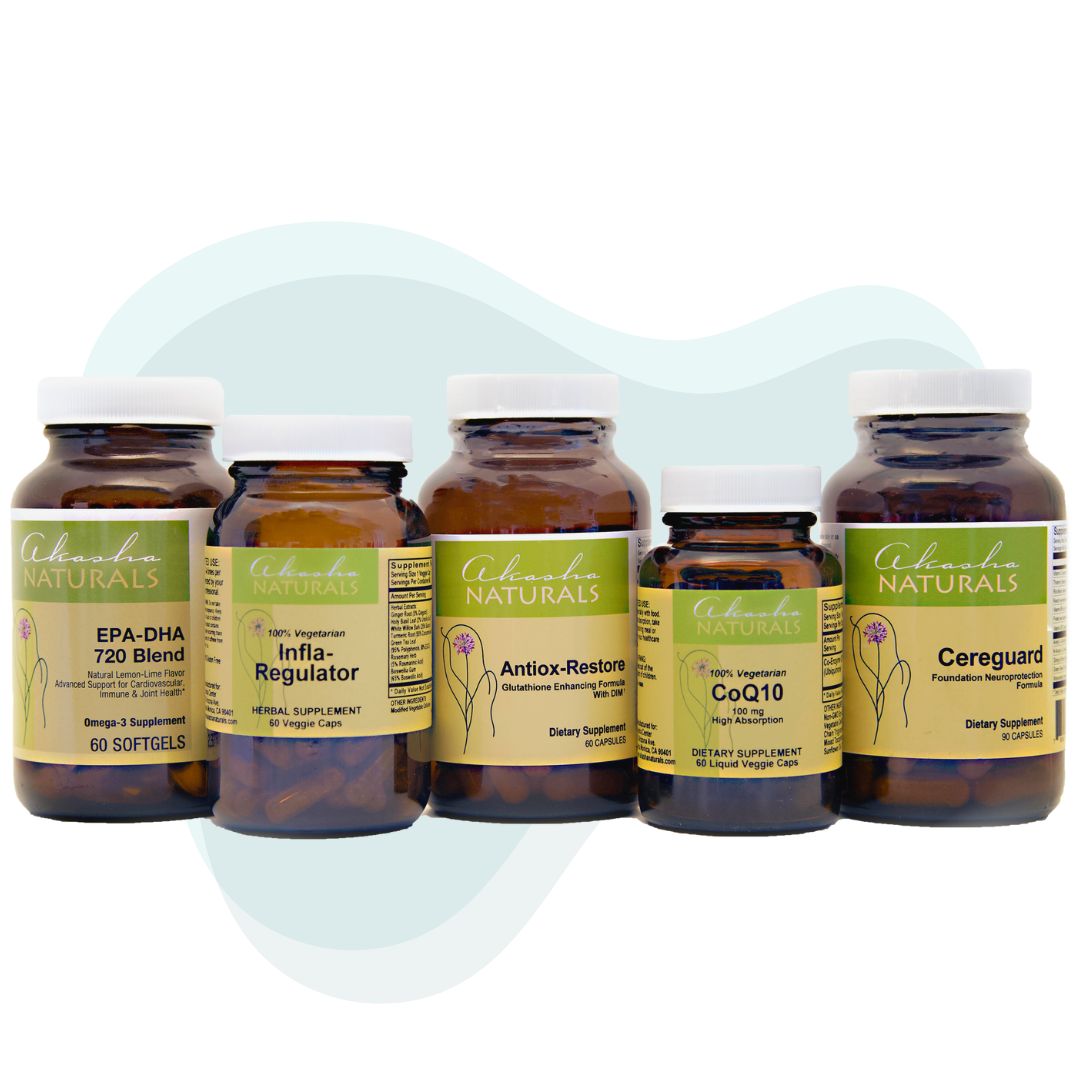How PROLOTHERAPY Decreases Pain & Improves Mobility
Also called proliferation therapy or regenerative injection therapy, prolotherapy is a non surgical injection treatment of a natural substance solution to relieve pain in a joint space and helps to reconstruct damaged tendons and weakened ligaments.
The Current Reality:
The U.S has an aging population that wants to stay active. Between 2012 and 2050, the U.S. population aged over 65 is projected to nearly double to over 83 million. (J.M. Ortman, et al., 2014). The incidence of osteoarthritis increases with age. The majority of people over age 65 have radiographic evidence of osteoarthritis and over 10% have symptomatic knee joints. (Samson DJ, et al., 2007).
As we age, body tissues such as vertebral bones, spinal discs, and knee menisci, lose height. Vertebral bones lose height due to decreased bone density and an increase in end-plate concavity. Knee menisci lose height due to wear and tear from chronic weight bearing and loss of vascularity with age. Disc degeneration lessens disc height while the connecting ligaments remain the same length, causing the supporting ligaments and tendons to become lax. Ligamentous laxity in the spine due to loss of disc and vertebral height can lead to segmental instability and secondary spinal foraminal stenosis.
Poor posture (head forward, slumped during prolonged sitting, rounded lower back) exacerbates the laxity of ligaments in the lumbosacral region. The laxity of ligaments causes an instability, which stimulates proprioceptive nerve fibers and can lead to chronic muscle spasm in the body’s attempt to stabilize the
How can Prolotherapy Help?
By injecting natural, proliferant substances, such as dextrose and sarapin, prolotherapy stimulates the body’s natural healing cascade and strengthens the ligament and tendon connection to the bone. In doing so, it treats the cause of the chronic pain by correcting the ligament laxity.
What Conditions does Prolotherapy Treat:
Prolotherapy has been effective in treating knee osteoarthritis by combining intra-articular injections of proliferant solutions with ligament and tendon injections to stabilize the knee joint. Studies have shown improvement in pain, function, and stiffness and overall mobility.
There is also growing clinical evidence demonstrating the benefits of prolotherapy in the treatment of arthritis, low back pain, ligament and tendon injuries. In addition, a newer use of prolotherapy called neural prolotherapy has been gaining momentum. It involves multiple subcutaneous injections of a specific proliferent solution to treat the hundreds of small nerve fibers under the skin that contribute to chronic pain when chronically activated.
As the population ages, the conditions that benefit from prolotherapy will increase in prevalence and severity. Prolotherapy is a safe way to treat chronic pain focally without systemic oral medications. It allows athletes, older patients and others with chronic pain to stay physically active and more mentally and emotionally clear. Staying active with regular exercise can decrease cardiovascular risk, decrease anxiety and depression, aid blood glucose control, lower cholesterol and blood pressure, and enhance the sense of wellbeing (www.ACSM.org).
References
Ortman, J.M., Velkoff , V.A., Hogan, H. (2014). An aging nation: the older population in the United States. www.census.gov.
Samson, D.J., Grant, M.D., Ratko, T.A., Bonnell, C.J., Siegler, K.M., & Aronson, N. (2007). Treatment of Primary and Secondary Osteoarthritis of the Knee. Evidence Report/Technology Assessment No. 157, Prepared by Blue Cross and Blue Shield Association Technology Evaluation Center Evidence-based Practice Center under Contract No. 290-02-0026.
For further information on how the Akasha Prolotherapy treatment protocol can can help you, email us at info@akashacenter.com or call 310-451-8880 to make an appointment with Dr. Bren Boston, MD – Pain Medicine and Sports Medicine Specialist
Blog page: drbrenboston.com







